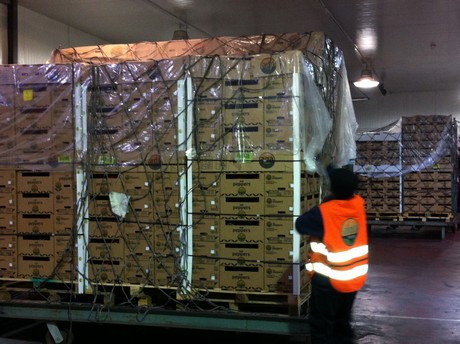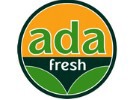On the one hand, this is the result of the 37% reduction in the number of producers, as “really bad prices were recorded last season and many growers either went bankrupt or stopped cultivating. On the other hand, the unfavourable weather conditions have also taken a toll, since the production itself has been 20% lower than last year,” he affirms.

While these two factors have significantly affected the total availability of peppers from Israel, the situation in the Israeli domestic market “is more stable, as demand has continued almost at the same level as usual and the local market is actually the main target for producers.” Given the smaller total volume, however, “the volume available for export has been about 40% lower than last season.”
Mr Kadan explains, "Most of these exports go to Russia and the rest to Europe, and in November/December we’ll also be shipping a large volume to the U.S. (because of problems in Mexico). In any case, a very important factor in the marketing is the Euro/dollar/shekel exchange rate. The shekel is really strong, so the local market is very attractive. In this market, growers have a return of about 1.60 Euro per kilo, which is almost the same as the price obtained from exports. That is why most still prefer to sell in the domestic market.”
What is going to happen in the short term is unclear, “I don’t know what the situation is like in Spain or how much volume will come from the Netherlands in the next month.” Against all expectations, Avi Kadan started this year also with 4 hectares of peppers.
For more information:
Avi Kadan

Adafresh LTD
Tel: +972 73 2332223
Mobile: +972 52 3336545
avi@adafresh.co.il
www.adafresh.co.il
